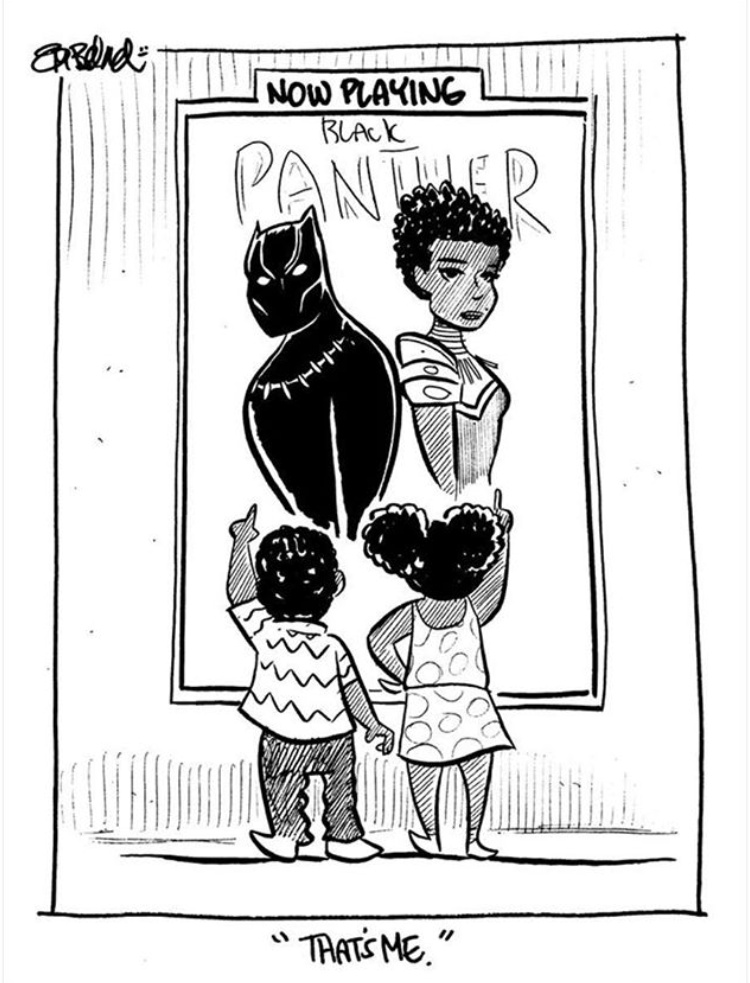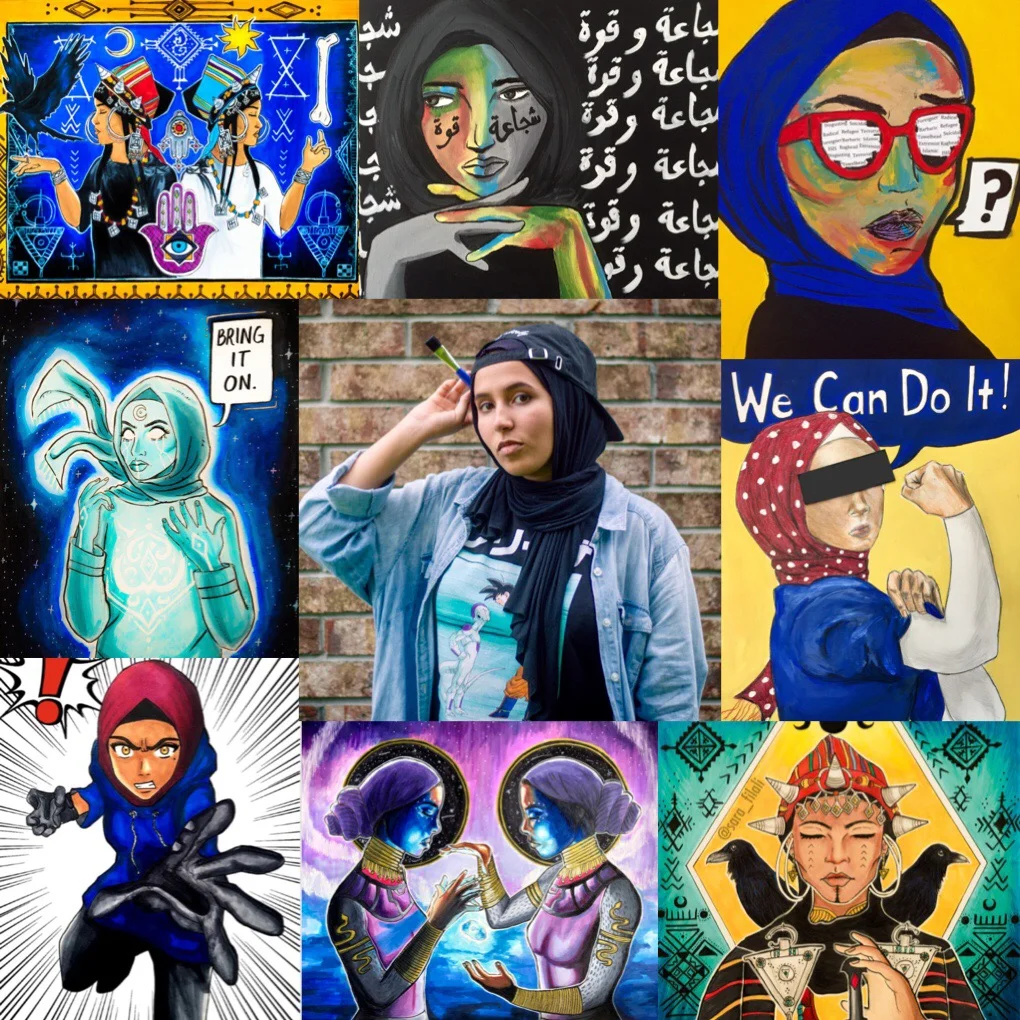The Importance of Representation
Representation. Media. Diversity. We hear these words being thrown around on social media all the time. Every “woke” account has mentioned it at some point. But what’s the big deal? What exactly does representation mean, and why should we care?
Let’s start with the meaning. According to online sources, representation refers to “the construction in any medium (especially the mass media) of aspects of ‘reality’ such as people, places, objects, events, cultural identities and other abstract concepts. Such representations may be in speech or writing as well as still or moving pictures.”
As the definition suggests, there are multiple forms of representation, but I want to focus this essay on representation contextualized by movies and shows. For example, a diverse cast in a movie or show is a good form of representation. The reality of American society is that we are a blending pot of multicultural populations, so an all-white cast in a show that’s set in a bustling cosmopolitan city is not necessarily a good form of representation.
A few decades ago, it was rare to see people of color in shows and movies. There simply weren’t enough acting opportunities for them. Now we’re seeing an influx of diverse casts, and the primary reason that is now possible is that people are vocalizing their demand for more opportunities in the media industry. We’re tired of seeing movies with black casts that are only about slavery and the black struggle. That is not the only narrative that defines black people, or Arabs, or Asians for that matter. We want to see stories that range from the mundane to the extraordinary, all the while seeing diverse people relay these stories to us.
Many consumers of media probably don’t care about this, or at least don’t realize the importance of seeing a Black or Hispanic superhero for example. But here’s the thing: “entertainment” is still part of the fabric of our civilization. Sure, we watch movies to escape from reality or be entertained, but it's also important to note that we find that entertainment through human connection. And the most important part? What we watch subconsciously influences us. Our thoughts are shaped by the realities presented in movies and shows. Even fictional forms of media can still shape our perceptions about other people based on their portrayals. If the Arab character in every damn series is a villain, then guess what? A lot of people are going to subconsciously (or very consciously) assume that this is how Arabs must be in real life. The same goes for every minority depicted in media.
From a personal perspective as a Muslim Arab-American, I don’t see my people represented in media all the time. Like I just said, the few instances Muslims or Arabs are portrayed, they play the role of the antagonist. They are the radicals, the extremists, the submissive wives. I watched movies and shows all the time growing up, and my role models were heroes who do not look like me or believe in the things I believe in. Entertainment is typically dismissed in matters of societal importance, but movies can and do influence people. I constantly felt the need to change who I was as a kid so that I could be more like the heroes I watched. But what if there was a hero who looked like me? Who had my morals and was the driving force of a story? Would the child-version of me be more inclined to be proud of my heritage? To value my own identity and not wish I was something I’m not? Just a food for thought.
This brings me back to my art. In case you haven’t noticed, the main subject of my art is Muslim women, particularly hijabi women. Since they’re so underrepresented in media, I decided to create my own form of representation. My goal is to showcase these women in a way that celebrates their uniqueness, and therefore humanizes them to the eyes of non-Muslims. I treat them as subjects rather than voiceless objects. Each artwork is an extension of me and my conscience, and I like to think that many hijabi women also find a connection to my artworks. I get messages from girls who say that they see themselves through the art I create. While my intention for creating art is to express myself first and foremost, I think it’s also pretty awesome when I find out that it’s connecting to others as a by-product. To see yourself expressed in another form such as media is to be reassured of one’s identity. To know that you exist and are acknowledged. To know that you’re human after all. This is what’s at stake in identity for underrepresented people.



